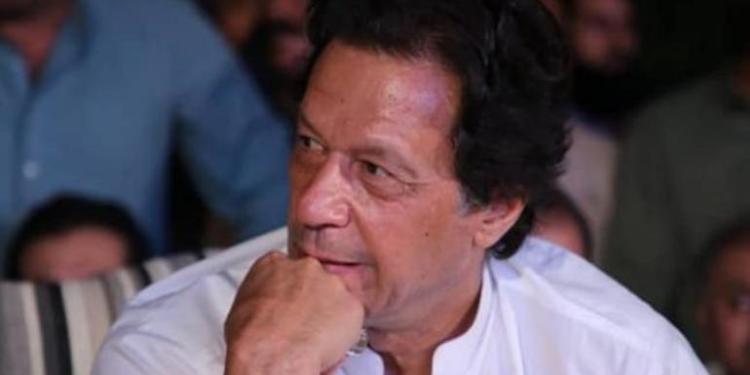The Pakistani government has decided to ostensibly crackdown on terror groups as indicated by its action to ban Jama’at-ud-Da’wah, a terrorist organization founded by Hafiz Saeed, the mastermind of 2008 Mumbai attacks. The government also detained Masood Azhar’s nephew and took control of Jamaat-e-Islami. Due to fear of the wrath of the global community and confrontation with India, Imran Khan’s Government has taken action against terrorist organizations operating freely from Pakistani soil and sometimes even supported by its military and the ISI.
However, as history suggests, the terror network is so entrenched on Pakistani soil and polity that any politician who had tried to target them faced not only severe blowback but also Pakistan suffered the brunt of terror attacks. The terrorist groups derive their legitimacy from Islamic fundamentalism which is rooted in Pakistani society. After the long tenure of Zia-ul-Haq who openly supported the Islamization of the country and made it state policy for Pakistani society to adopt the Deobandi and Wahhabi interpretation of Islam. Thousands of Madrasas and seminaries funded by Saudi Arabia and operated of ‘religious scholars’ are breeding ground for terrorist. Whenever Pakistan tries to get rid of ‘bad terrorists’, they strike back with more force.
Tehreek-E-Taliban Pakistan (TTP) is one of the best examples of such behavior. Multiple attacks on Musharraf and rapidly increased terror attacks inside Pakistan indicate that the terror groups would not take any decision to curb their movement laying back. The Pakistani military started operation Zarb-e-Azb in 2014 after the terrorist attack on the Karachi airport killed 36 people. The Pakistan military killed thousands of people in North Waziristan and bombed the hideouts. But TTP retaliated to this in the very same year through the Peshawar school massacre in which 149 people including 132 children were killed in a school run by the Pakistan Army. Another suicide attack on the Wagah border in 2014 killed 60 people and TTP claimed its responsibility.
Imran Khan’s choices are very limited. If he bans the terrorist groups, he sends his political future into oblivion because these groups and their leaders are very popular and enjoy cult following in the country. In fact, religious extremist groups have openly said that Imran Khan is their own man on the chair of Prime Minister and they helped him in getting elected. Therefore it will be very hard for the Pakistan government to take action against religious extremist groups which enjoy popular support in Pakistani society.
Pakistan will face even more chaos and terror strikes and if Imran Khan decides to let them operate freely, the country can expect retaliation from neighbors, Indian and Iran. The global terror financing watchdog, FATF will blacklist the country if they do not take against funding to these groups. This will make the bailout package which the country is seeking from the IMF ‘very difficult’. “We have even been on the grey list twice. It is not like this would suddenly result in trade or banking sanctions for us. But it clearly also is a negative signal, especially for a country that has such a severe current account deficit. So you obviously want to avoid this,” said Finance Minister Asad Umar. Therefore, Imran Khan is stuck between devil and the seep sea.

























